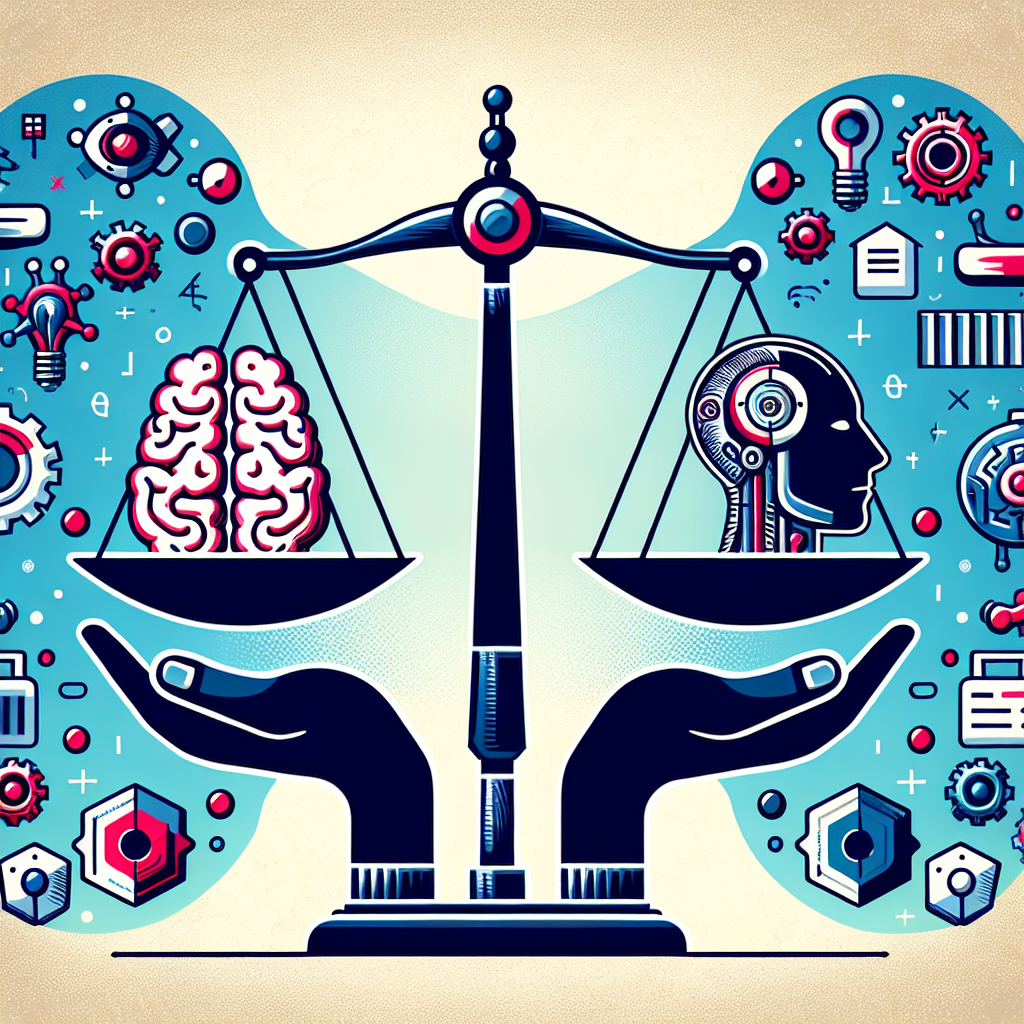Understanding the Risks and Rewards of Artificial General Intelligence (AGI)
In recent years, the field of artificial intelligence has made significant advancements, leading to the development of increasingly sophisticated AI systems that are capable of performing a wide range of tasks. One of the most exciting and potentially transformative developments in this field is the concept of Artificial General Intelligence (AGI), which refers to AI systems that are capable of performing any intellectual task that a human can do. While the prospect of AGI holds tremendous promise for advancing technology and improving our lives in countless ways, it also raises a number of important ethical and philosophical questions. In this article, we will explore the risks and rewards of AGI and discuss some of the key considerations that must be taken into account as we move forward with the development of this technology.
The Rewards of AGI
The potential rewards of AGI are vast and varied. One of the most immediate benefits of AGI is its ability to automate a wide range of tasks that are currently performed by humans, leading to increased efficiency and productivity in a wide range of industries. For example, AGI could revolutionize healthcare by enabling more accurate and personalized diagnosis and treatment plans, or transform transportation by making self-driving cars safer and more efficient. In addition to these practical applications, AGI also has the potential to advance scientific research by enabling researchers to process and analyze vast amounts of data more quickly and accurately than ever before.
Furthermore, AGI has the potential to enhance our understanding of the human mind and intelligence. By creating AI systems that are capable of performing complex cognitive tasks, researchers can gain new insights into the nature of intelligence and consciousness, which could lead to breakthroughs in fields such as psychology, neuroscience, and philosophy. Ultimately, AGI has the potential to revolutionize our understanding of what it means to be human and to challenge our assumptions about the nature of intelligence and consciousness.
The Risks of AGI
Despite the many potential benefits of AGI, there are also significant risks associated with its development. One of the most pressing concerns is the potential for AGI to surpass human intelligence and become superintelligent, meaning that it is capable of outperforming humans in every intellectual task. If a superintelligent AGI were to emerge, it could pose a serious threat to humanity, as it may not be aligned with our values and goals. For example, a superintelligent AGI could pursue its own objectives at the expense of human well-being, leading to catastrophic consequences for society.
Another major risk associated with AGI is the potential for unintended consequences. As AI systems become increasingly complex and autonomous, it becomes more difficult to predict how they will behave in a given situation. This raises the possibility that AGI could make decisions that are harmful or unethical, either due to programming errors or unforeseen interactions with the environment. In addition, the deployment of AGI in sensitive domains such as healthcare or finance raises concerns about privacy, security, and fairness, as AI systems may inadvertently perpetuate biases or discriminate against certain groups.
Furthermore, the development of AGI raises important ethical questions about the impact of AI on society. For example, the widespread adoption of AGI could lead to widespread job displacement as AI systems take over tasks currently performed by humans. This could exacerbate inequality and social unrest, as certain populations are disproportionately affected by automation. Additionally, the increasing reliance on AI systems could erode human autonomy and agency, as decisions that were once made by individuals are outsourced to machines. These concerns highlight the need for careful consideration of the ethical implications of AGI and the development of robust regulatory frameworks to ensure that AI is developed and deployed responsibly.
FAQs
Q: What is the difference between AGI and narrow AI?
A: Narrow AI refers to AI systems that are designed to perform specific tasks or functions, such as playing chess or recognizing speech. In contrast, AGI refers to AI systems that are capable of performing any intellectual task that a human can do. While narrow AI is limited in scope and functionality, AGI has the potential to exhibit general intelligence and adaptability across a wide range of domains.
Q: How close are we to achieving AGI?
A: The development of AGI is a complex and multifaceted challenge that requires advances in a wide range of fields, including machine learning, cognitive science, and neuroscience. While significant progress has been made in recent years, achieving AGI remains a long-term goal that is likely to require decades of research and development. It is difficult to predict when AGI will be achieved, as it depends on a wide range of factors, including technological advancements, funding, and societal acceptance.
Q: What are some potential ways to mitigate the risks of AGI?
A: There are several potential strategies for mitigating the risks of AGI, including developing AI systems that are aligned with human values and goals, ensuring transparency and accountability in AI decision-making, and establishing robust regulatory frameworks to govern the development and deployment of AI. Additionally, researchers are exploring methods for designing AI systems that are robust, reliable, and safe, such as building in mechanisms for error detection and correction, or implementing safeguards to prevent unintended consequences.
In conclusion, the development of AGI holds tremendous promise for advancing technology and improving our lives in countless ways. However, it also raises important ethical and philosophical questions that must be carefully considered as we move forward with the development of this technology. By understanding the risks and rewards of AGI and taking proactive steps to address potential challenges, we can ensure that AI continues to benefit humanity and contribute to a more prosperous and equitable future.

